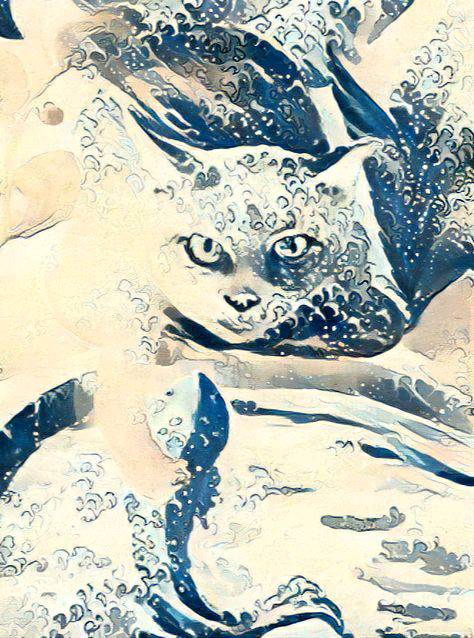
Christine Costa
@Yubility · 4:51
"Caught it?" Why I love the YU syllable
A cat catching fish for me is a symbol of catching vocabulary or interesting thoughts and becoming lucky and happy, if not happy, go lucky in the process. I'll talk about the concept and meaning of being lucky in another swell. In Mandarin Chinese, almost every syllable can be pronounced in four or even five different ways called tones. These are, and I'll try to pronounce them the Chinese way, though they are in English. Number one, OOH up high, as in high there
I'm learning in Spanish right now, and I'm really blown away by so many similarities and so many differences to English and what I do know about other languages, which is very small. But nonetheless, it's a pretty fun, joyous thing to be able to learn a new language. It feels really good. So thank you for sharing where you are. And that really dope fact about that syllable. I had no idea

Christine Costa
@Yubility · 4:58
Spanish teacher Julie Hempel explains about loan words in her TEDx Talk, gained in translation starting from 514. But of course, the whole talk is worth watching. What I learned, especially from her, is the word calc, C-A-L-U-E which is used to describe a literal translation that can become so commonplace we don't even realize it came from another language, for example, losing face, which comes from Chinese. As Julie Hampel states, some of the most successful calcs come from Chinese


